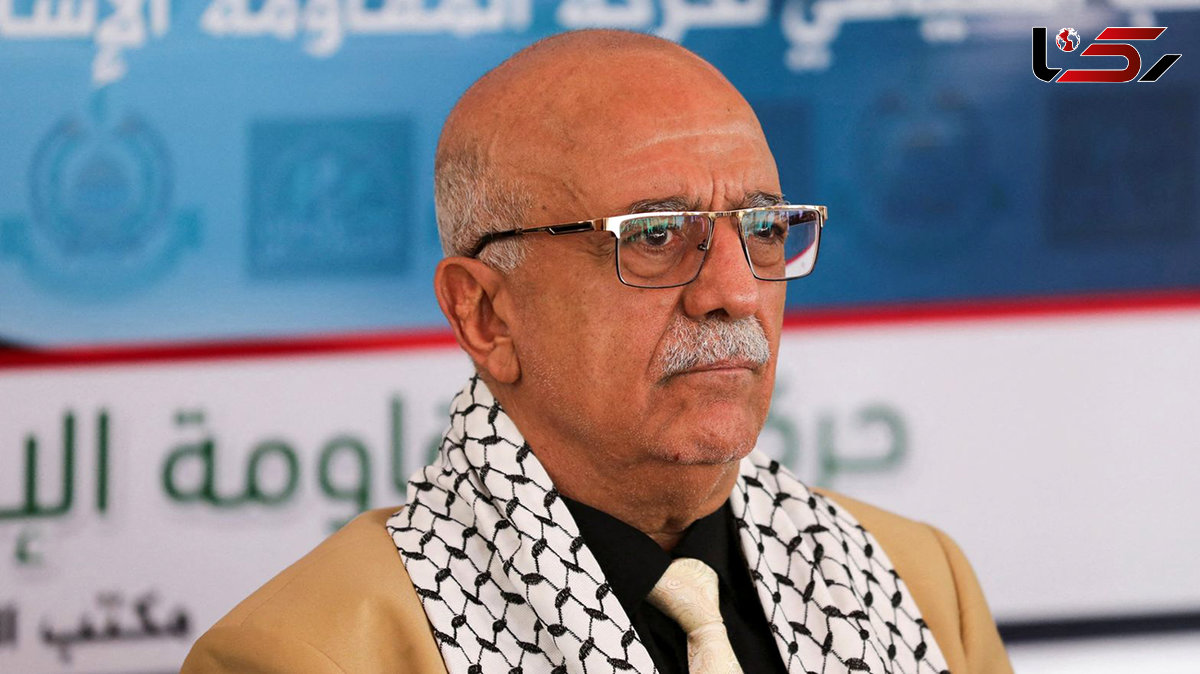Israeli Strike Kills Houthi PM, Sparks Regional Alarm
Rokna Political Desk: An Israeli airstrike in Yemen’s capital, Sanaa, has killed Houthi Prime Minister Ahmed al-Rahawi along with several senior officials, intensifying tensions in the region and prompting vows of retaliation from the Houthi movement.

Sanaa, Yemen – August 30, 2025 – An Israeli airstrike in Yemen’s capital, Sanaa, has killed Ahmed al-Rahawi, the prime minister of the Houthi-controlled government, along with several other senior officials, according to Houthi sources.The strike occurred during a routine government workshop, and the Houthis have vowed retaliation, calling the attack a serious escalation in the ongoing conflict.
The Israeli Defense Forces (IDF) confirmed carrying out the operation, stating that it targeted a Houthi military facility. While Israel did not initially comment on the reported casualties, the airstrike has drawn sharp condemnation from the Houthis, who claimed that al-Rahawi and other ministers were killed and several officials injured.
Background on Ahmed al-Rahawi
Ahmed al-Rahawi, a member of Yemen’s General People’s Congress, had been serving as the Houthi-led government’s prime minister since August 2024. Though his role was largely symbolic, he represented the political face of the Houthi administration. Following his death, Deputy Prime Minister Muhammad Ahmed Miftah has been appointed as acting prime minister.
Details of the Strike
According to Houthi sources, the airstrike struck during a government session reviewing administrative matters, killing al-Rahawi and multiple senior technocrats. The IDF emphasized that the target was a military installation, indicating that the operation was aimed at Houthi capabilities rather than civilian infrastructure.
Regional and Strategic Implications
The strike represents a serious escalation in the ongoing tensions between Israel and the Houthi movement, which is backed by Iran. In recent years, the Houthis have launched missile and drone attacks on Israeli targets and shipping routes in the Red Sea, citing solidarity with Palestinians. Houthi leader Mahdi al-Mashat vowed swift retaliation, warning that Israel would face "black days" in response.
Analysts note that while the loss of al-Rahawi and other officials is symbolically significant, it may not substantially weaken the Houthis’ military operations, as most casualties were political or technocratic figures rather than frontline commanders.
The incident highlights the fragile stability in Yemen and the broader Middle East, where regional proxy conflicts continue to intersect with global geopolitical pressures. Observers warn that escalation could destabilize Red Sea shipping lanes and intensify tensions between Israel, Iran, and their respective allies in the region.
Send Comments